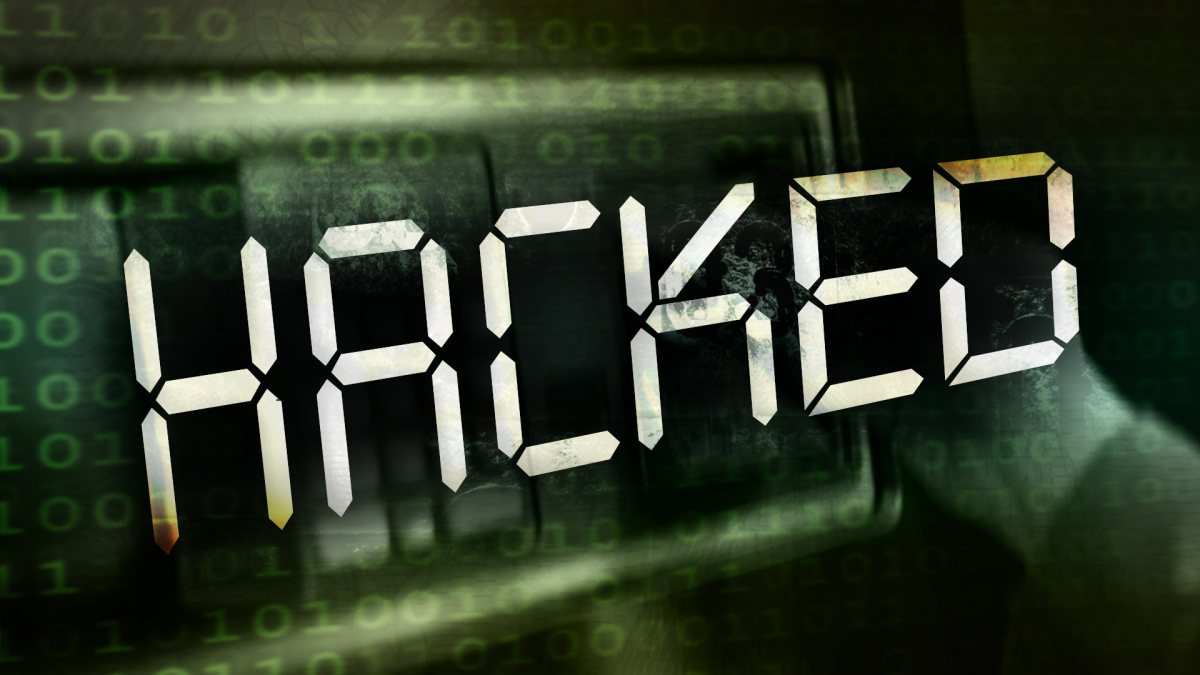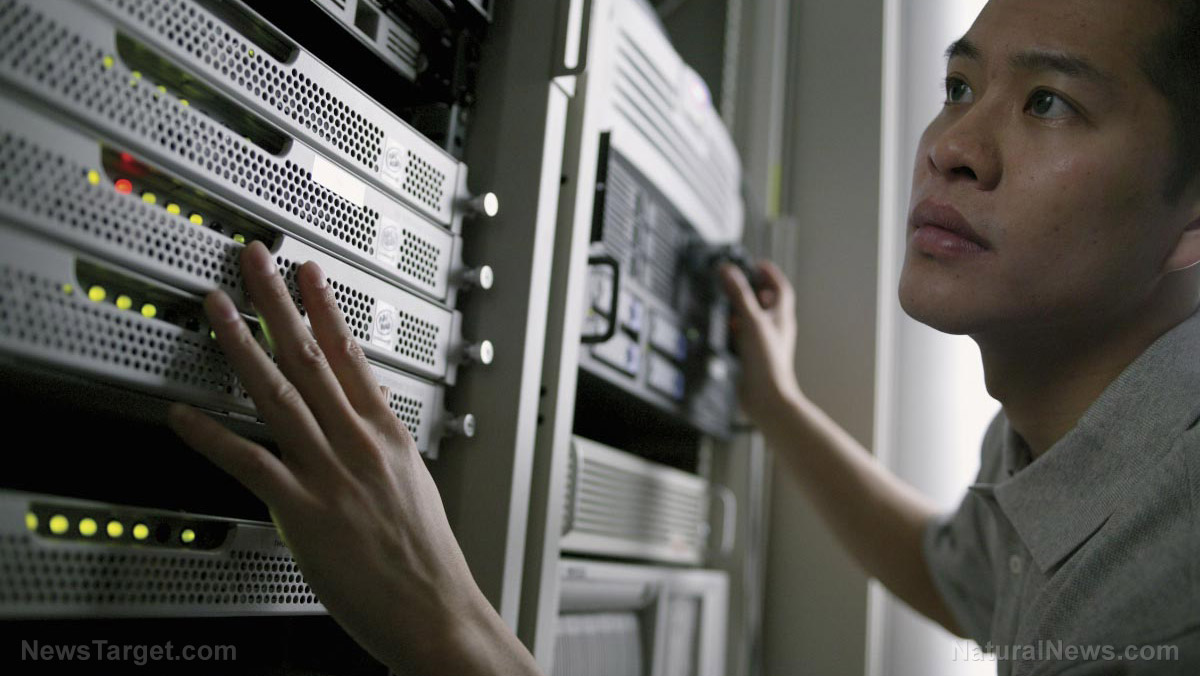Authorities advise Swedish citizens to save banknotes in case of a cyber attack or war
01/16/2020 / By Edsel Cook

In a few years, Sweden may become the world’s first cashless society. But is the Scandinavian country and its people truly ready to ditch cash for digital currency?
Swedish government officials have recently warned its citizens to stockpile banknotes and coins before the country completes its transition from conventional cash to virtual currency. They explained that a cyber attack or a disaster might take out the banks, thereby eliminating the primary provider of digital payments.
Consumers and sellers consider digital payments to be highly convenient. Sweden is one of the leading users and proponents of the technologies that will eventually enable a cashless society.
The KTH Royal Institute of Technology recently established that just 18 percent of the payments made in Sweden during 2019 used cash. The number dropped by 15 percent compared to that from 2018.
In the same vein, data from the Swedish Trade Federation (Svensk Handel) showed that 80 percent of the purchases at most local retailers get paid via credit card. Experts have predicted that the percentage would rise to 90 percent by 2020.
The figures show that Sweden relies heavily on digital commerce. Many experts believe that it might attain the status of the first cashless society – along with all the problems that accompany it. (Related: Public pensions risk everything, start piling money into crypto… playing roulette with your retirement.)
Swedish citizens warned to stockpile cash in case hackers disable digital commerce
Recently, Swedish government experts have expressed worries about a large-scale cyber attack on their country’s computer networks. At best, citizens would lose access to their money for extended periods. The worst-case scenario is that they might lose all of their money.
In response, the country’s Civil Contingencies Agency instructed every Swedish household to squirrel away cash in small denominations. Such a stockpile of old-fashioned hard currency will serve the citizens while the banks restore their systems.
Sweden’s government has considered different emergencies that might disable its digital commerce. Accidental interruptions include loss of electrical power and computer networks. Deliberate disruptions include cyber warfare and terrorist attacks.
The warnings and contingency plans in Sweden may affect other developed nations that are also adopting elements of a cashless society. In the UK, local banking expert Natalie Ceeney warned that her country needs to take action since it isn’t that far behind Sweden.
“Sweden’s big message to us is, ‘Plan now before you get into a mess,’” warned Ceeney. “Sweden hit its crisis when its equivalent of the NHS declared it was going cashless.”
A future cashless society faces risks like cyber attacks and power outages
Sweden has a history of being on the cutting edge of currency. In 1661, it adopted the first example of the modern-day banknote. By doing so, it became the first European nation to issue paper money.
The second place went to England in 1694. Meanwhile, the US started issuing its first currency after the start of the American Revolution in 1775.
In modern times, government studies found that 15 percent of Sweden’s population would experience difficulties if they lost access to the bank accounts and credit cards that made spending convenient.
Swedish central bank Riksbank urged the government to investigate the challenges and dangers that a cashless society might face. Bank officials also recommended that local politicians consider pioneering the world’s first form of digital money with state backing.
In a meeting with the Swedish parliament, the Riksbank officials described the importance of hard cash during both war and peace.
Previously, the Riksbank issued warnings about switching to digital commerce. The head official, Stefan Ingves, pointed out that the company in charge of the digital payments possessed a lot of power in a cashless society.
Sources include:
Tagged Under: badtech, banking, cash, Cashless society, cyber attacks, cyber warfare, debt collapse, digital currency, digital economy, economic collapse, future tech, money, Sweden
RECENT NEWS & ARTICLES
COPYRIGHT © 2017 GLITCH.NEWS
All content posted on this site is protected under Free Speech. Glitch.news is not responsible for content written by contributing authors. The information on this site is provided for educational and entertainment purposes only. It is not intended as a substitute for professional advice of any kind. Glitch.news assumes no responsibility for the use or misuse of this material. All trademarks, registered trademarks and service marks mentioned on this site are the property of their respective owners.

















